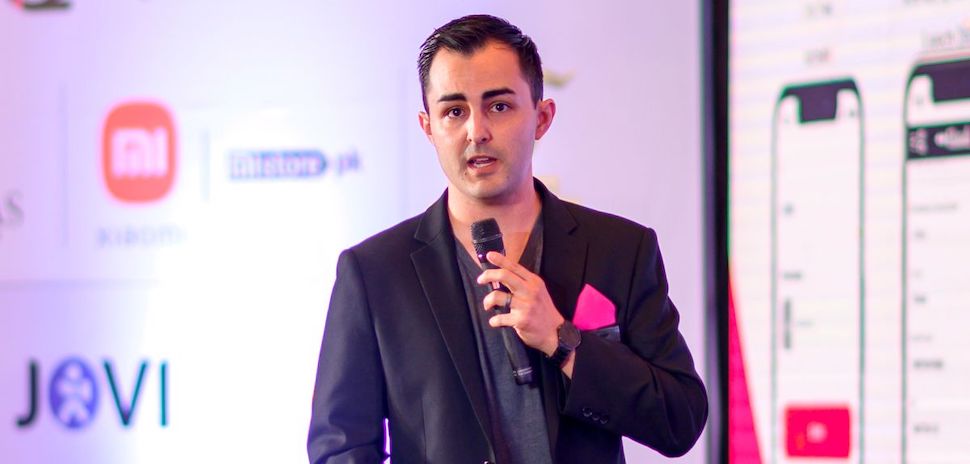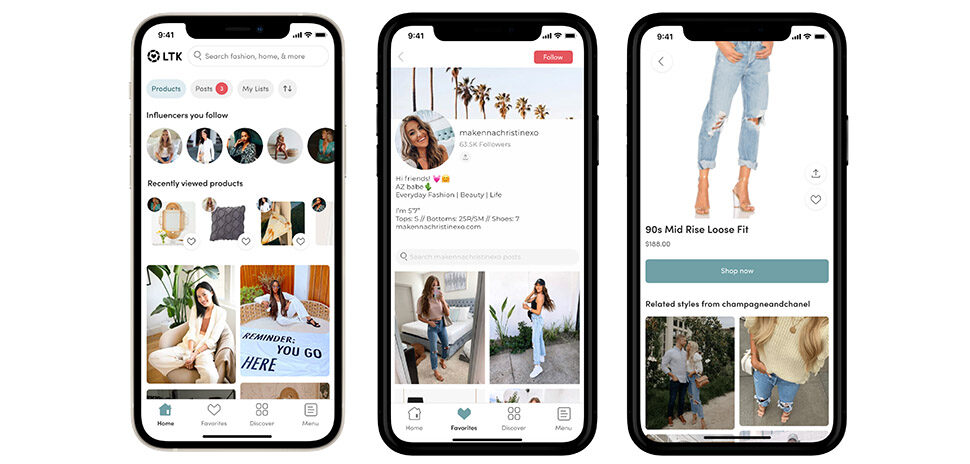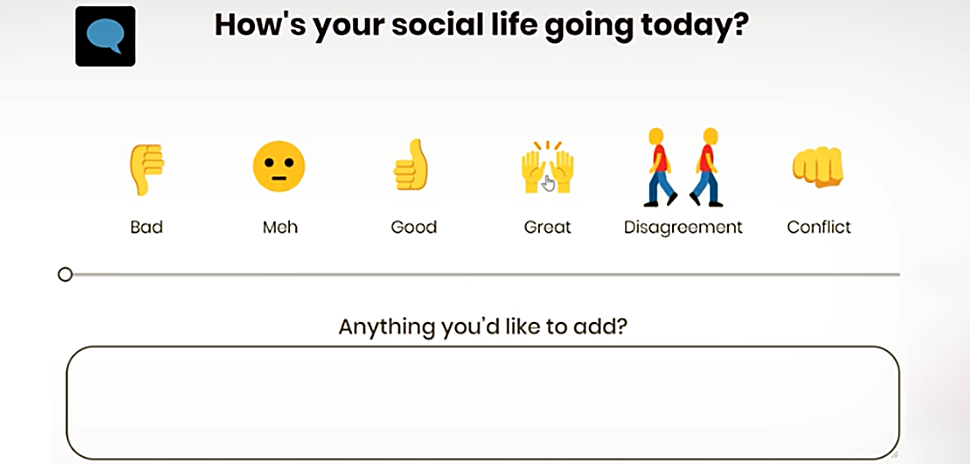Jordan Olivas moved from the Lone Star State to Islamabad, Pakistan, to launch his startup—building it into one of the larger e-commerce players in that country. Now he’s bringing it back to North Texas with big plans for growth.
“I want to be a unicorn by the end of 2022,” Olivas told Dallas Innovates.
QisstPay—a one-click checkout platform—opened offices in Flower Mound last month that will serve as the company’s global headquarters, added to the company’s locations in Pakistan and Bangladesh and its nearly 150-person workforce. Now QisstPay aims to nearly double its headcount on its path to become a “global e-commerce giant globally.”
“We needed to go into a bigger market,” Olivas said. “I was at a conference having dinner and drinks with the CFO of a big box retailer, and he was like, ‘Look, this is really interesting. Could you do something like this in the U.S.?’ What I realized was that it’s the same platform, same architecture. The only differences are the various endpoint integrations. I said, ‘This makes complete sense. We should do this.’”
‘Like a decentralized Amazon checkout for all other brands’
QisstPay expects to process more than $1 billion in payments on its platform this year, enabling businesses to easily add multiple payment methods to their checkouts without additional coding. Businesses also get access to analytic insights from customers, who are able to add various payment methods on the platform via their cell phone number.
Olivas said the company has already onboarded around 1,500 retailers since launching the platform about nine months ago. In Pakistan, where QisstPay also operates as a buy-now-pay-later service provider, he said the company processes about 10% of all e-commerce transactions.
“We serve as that bridge to allow a retailer to connect to multiple endpoints with a single integration,” Olivas said. “Essentially, it’s like an Amazon checkout, but decentralized for all other brands. So, it helps us with conversion, it helps retailers sell more, convert more, reduce software development costs.”
Similar challenges, bigger market
Olivas said that retailers in the U.S. and emerging markets face similar challenges: finding top-of-funnel growth, getting more conversions, and making more sales. In addition to his ties to the region, having previously worked for companies like RS Software, Klarna, and ChargeAfter locally, Olivas said DFW provides a number of benefits for establishing QisstPay’s HQ here. Noting things like tax benefits and the local talent pool, he added that the region is host to multiple big-name retailers like JCPenney and Fossil Group.
“In Pakistan, there’s less infrastructure. But here in the U.S., there’s not enough focused infrastructure,” Olivas said. “You have all these payment methods, literally have hundreds and hundreds of payment methods. Retailers are making decisions based off of no actual factual data. They’re just saying, ‘Hey, I saw that Macy’s has Klarna or I saw that Steve Madden has Afterpay.’”
Building a North Texas enterprise
Fueled by a $15 million combined seed and pre-seed round QisstPay raised in October—led by MSA Capital and joined by individual investors including leaders at Venmo, Scalapay, and Splitit—Olivas said his company is planning a new raise to reach unicorn status and focus on its U.S. expansion.
In addition to actively recruiting for roles like chief technology officer and chief revenue officer locally, Olivas said he hopes to hire between 30 and 100 new employees in the Dallas region. Overall, he said he hopes to have about 80% of QisstPay’s U.S. workforce based in Dallas.
“This is a much, much bigger market, so we very much expect to be on a massive growth path here,” Olivas said. “I want to build another enterprise here in the Dallas-Fort Worth area.”
Dallas Innovates sat down with Olivas to talk more about QisstPay, his journey, and e-commerce trends. Here are edited excerpts of our conversation:
Can you elaborate on how QisstPay’s platform works?
(Businesses) integrate to us one time and they have access to every payment method. The other great thing about our solution is that we allow consumers to check out using only their phone number. So we aggregate all the consumer data across our network tied to the consumers phone number, globally. (Businesses) give us their API keys and they can, with no code, create what we call different views. A view is essentially the payment checkout page that you see. And they can AB test that between different providers.
How did a New Mexico native and former DFW resident end up the co-founder and CEO of a Pakistani startup?
I grew up in a small town in New Mexico called Grants. So, my big goal in life was becoming a general manager at Macy’s in the big city of Albuquerque. At the peak of the recession, it was like literally the worst year. I applied for literally 200-plus jobs, and I happened to get a job offer at a company called ARI, which is based out of Grapevine. That’s where I got really interested in payments.
I looked at Pakistan and said, ‘Look, everyone’s overlooking this massive, massive opportunity.’ It’s the fifth largest population in the world, a young, tech-enabled population. It’s India five years ago. I said, ‘Yeah, this is a perfect fit.’ Luckily, my timing was good. Last year, they saw a 600% increase in venture capital in the country versus the previous year. We came in and we just quickly dominated.
How has e-commerce’s pandemic-fueled growth impacted you, and where do you see the industry headed in the future?
Overall, it’s been a positive impact in terms of bottom line. But I think we’re going to start to see the growth slow. What it’s doing is forcing people to realize that you’re always going to go through these ebbs and flows
It’s made retailers realize how fragile their brand image can be. If you choose to ignore any part of your business, whether it be the logistics, whether it be payments, or whether it be customer service, all these things have an effect. You have to have these uncomfortable conversations about things that you may not understand in order to optimize your business. So, I think what it’s done in a positive light is it’s kind of forced businesses to look at every aspect of their business.
![]()
Get on the list.
Dallas Innovates, every day.
Sign up to keep your eye on what’s new and next in Dallas-Fort Worth, every day.


































































